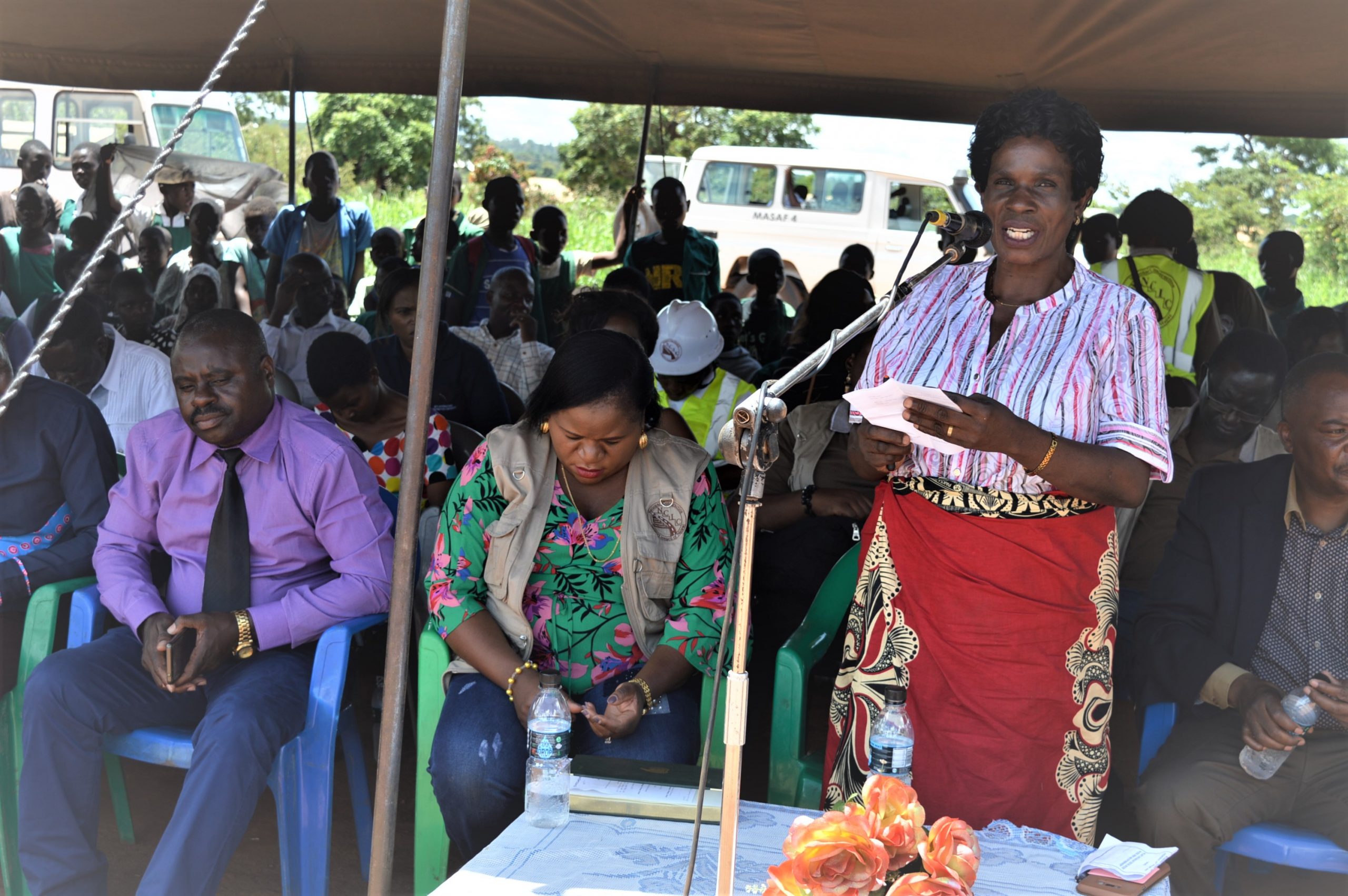On Saturday 7th March 2020, the tenth Open Data Day took place with people around the world organising over 300 events to celebrate, promote and spread the use of open data. Thanks to generous support from key funders, the Open Knowledge Foundation was able to support the running of more than 60 of these events via our mini-grants scheme.
This blogpost is a report by Lyford Gideon from the Construction Sector Transparency Initiative (CoST Malawi) who received funding from Hivos to call for greater transparency and accountability in public budget management the through Open Contracting for Infrastructure Data Standard.
Construction Sector Transparency Initiative (CoST Malawi) used our Open Data Day 2020 event to engage community members in Nsanje District, southern Malawi, who are prone to annual floods owing to poor and inadequate public and private infrastructure.
Among the various disaster preparedness and recovery efforts that are implemented, infrastructure development is one. But local groups are unable to understand whether these efforts are achieving the intended results unless the infrastructure development projects are implemented openly through disclosure of data produced in line with the Infrastructure Data Standard.
CoST is a leading global initiative improving transparency and accountability in public infrastructure. CoST works with government, industry and civil society to promote the disclosure, validation and interpretation of data from infrastructure projects. This helps to inform and empower citizens and enables them to hold decision-makers to account. Experience indicates that informed citizens and responsive public institutions help drive reforms that reduce mismanagement, inefficiency, corruption and the risks posed to the public from poor quality infrastructure.
The CoST approach is focussed on four core features: multi-stakeholder working, disclosure, assurance and social accountability. These features provide a global standard for CoST implementation to further infrastructure transparency and accountability. Through its social accountability approach, CoST aimed at sensitising the community members on the need to participate in public infrastructure development I order to realise value for money.
Infrastructure development is one of the ways to achieving accelerated social-economic growth of a country most especially the least developed ones like Malawi. The recent world economic reports have consistently ranked inadequate infrastructure as one of the major barriers to doing business in Malawi. Evidently, the infrastructure deficit for Malawi is so glaring especially in infrastructure that is supposed to support social amenities such as schools, hospitals, markets and many others. However, corruption or mismanagement compounds the already huge infrastructure deficit as big business interests compete for a share of the huge investments made in infrastructure development.
The Sustainable Development Goals (SDGs) support the need for increased investment in infrastructure. SDGs 7 and 9, in particular, place emphasis on infrastructure development. CoST comes in to ensure value for money through its core features.
The CoST core feature of social accountability plays an important role in ensuring key issues in public infrastructure projects enter the public domain. The feature enables CoST to work closely with stakeholders from across civil society and the media who can influence the public and hold decision-makers to account.










